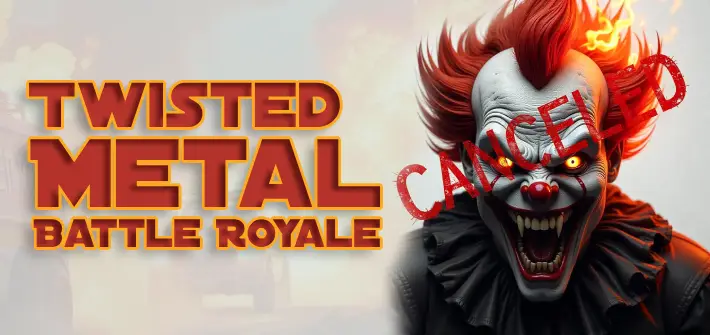
Twisted Metal Battle Royale: Could the Canceled Game Have Revolutionized Competitive Gaming in 2024?
The Twisted Metal franchise is one of the most iconic vehicular combat games in gaming history. Known for its chaotic…

The Twisted Metal franchise is one of the most iconic vehicular combat games in gaming history. Known for its chaotic…
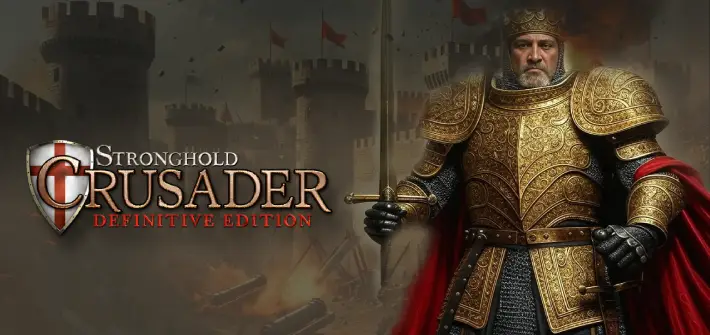
The year 2025 marks a monumental moment for fans of the iconic castle-building and real-time strategy genre as Firefly Studios…
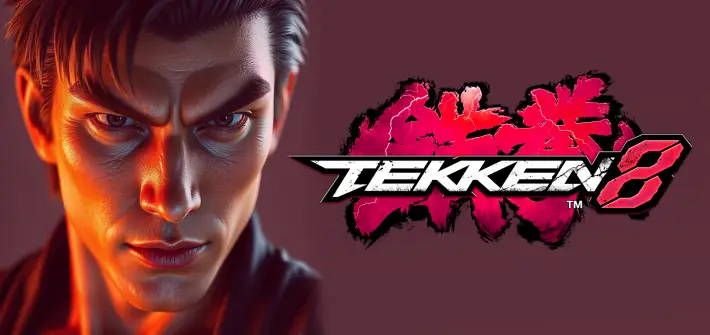
Tekken—a name that brings back memories of thrilling battles and unforgettable moments for many of us. Who could forget those…
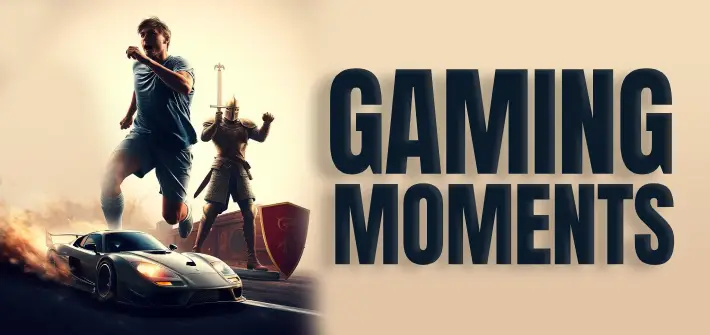
In this article, I want to share my personal experiences with the games I loved and recount the gaming moments…
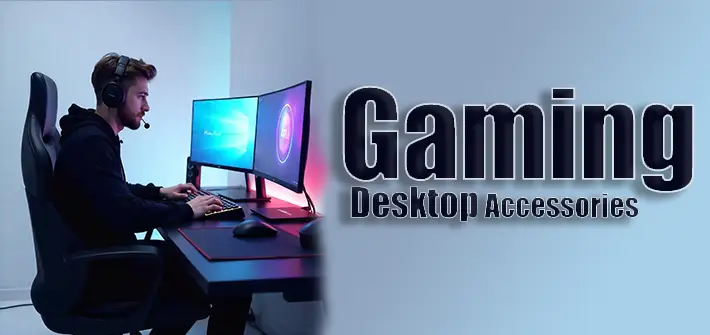
The world of gaming is no longer just a simple hobby; it has evolved into an exciting and professional lifestyle.…
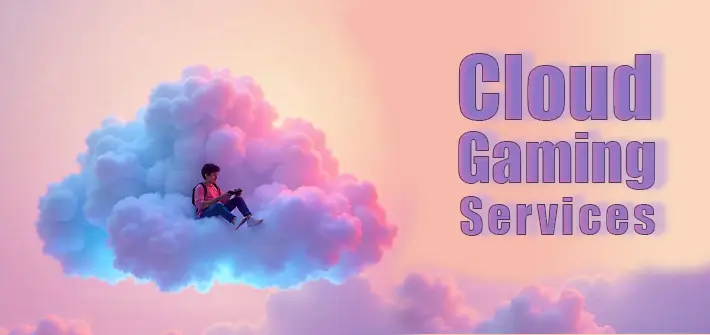
The video game industry is experiencing an incredible transformation driven by rapid technological advancements, and one of the most exciting…
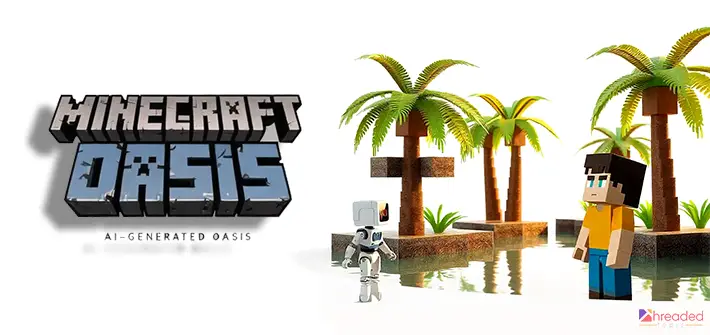
Imagine a world in Minecraft designed by artificial intelligence, evolving in real-time based on your imagination. AI Generated Minecraft Oasis…
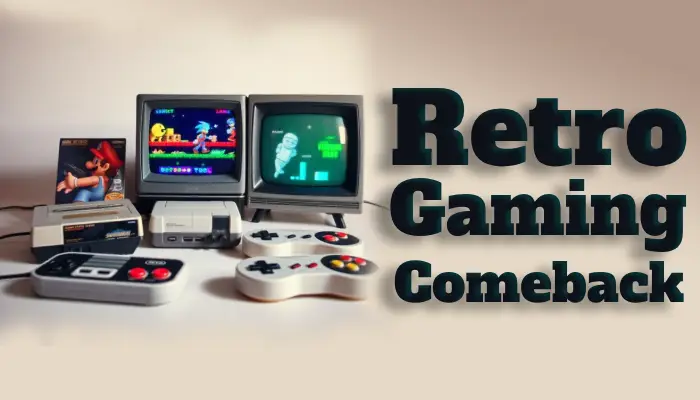
The gaming world thrives on cutting-edge graphics, advanced mechanics, and innovative storylines. Yet, as technology evolves rapidly, retro gaming continues…
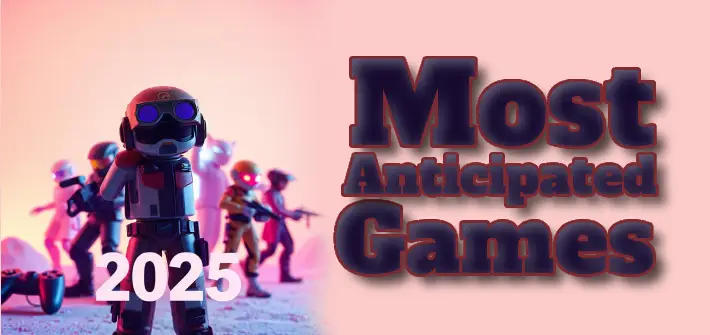
Gamers worldwide will experience an exciting year in 2025 because many highly anticipated titles will redefine the gaming landscape. This…
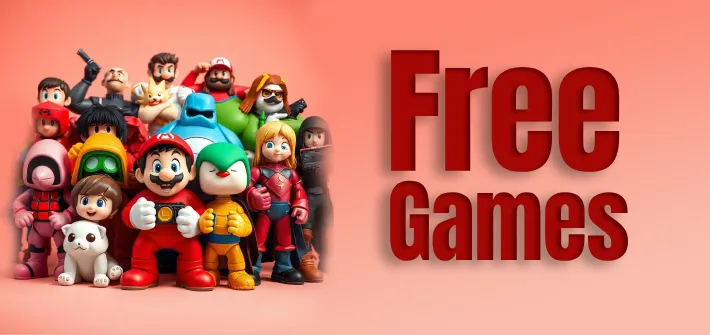
In today’s digital world, there are countless ways to enjoy online gaming without spending a dime. With a vast collection…